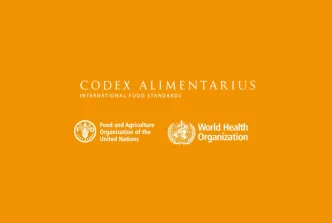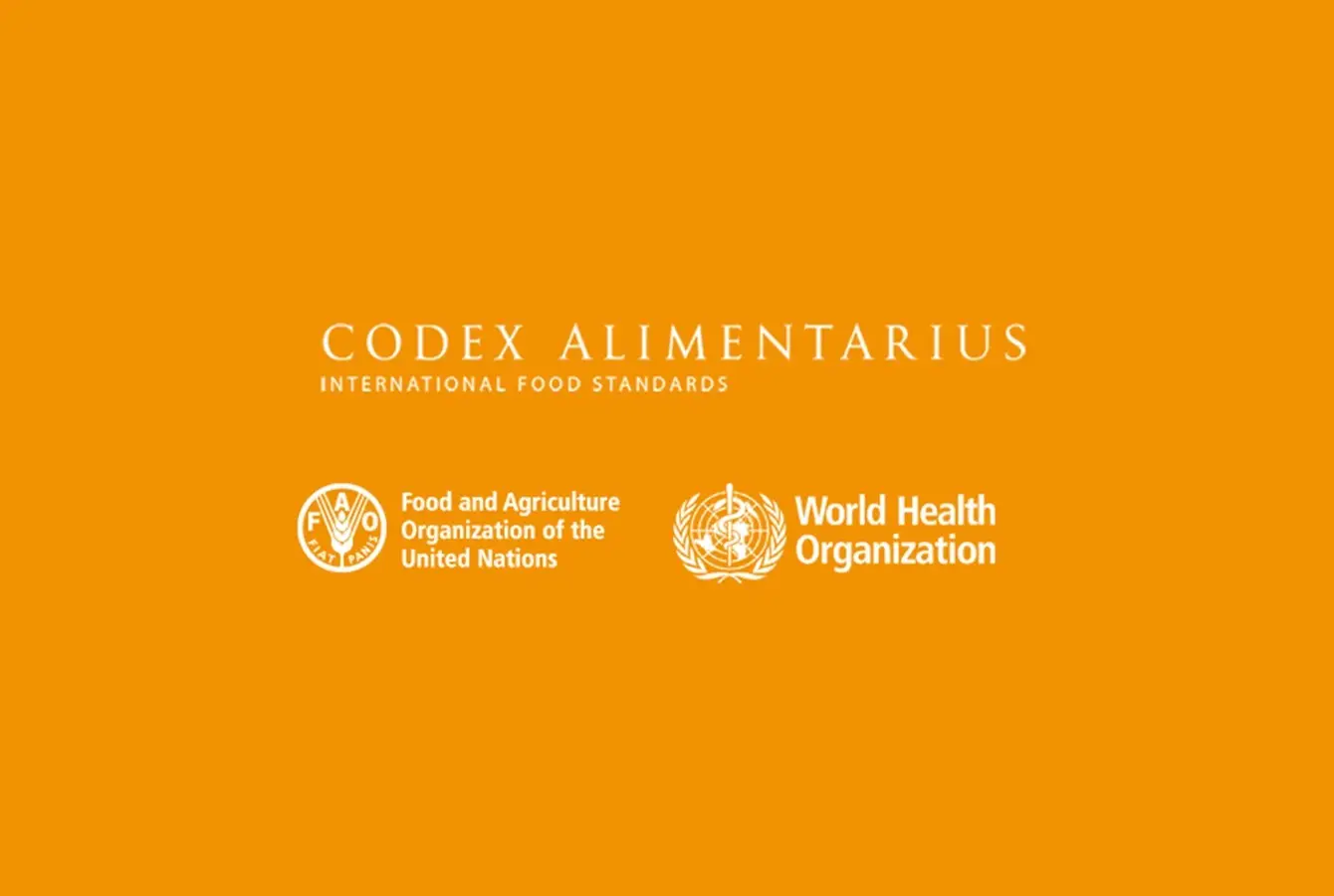In a significant step toward enhancing national food safety and aligning with global standards, Laos has hosted a high-level advocacy meeting and technical workshop on Codex activities in Vientiane from May 20-22, 2025. Supported by the Food and Agriculture Organisation (FAO), the initiative underscores the country’s commitment to improving public health and facilitating access to international markets through strengthened food safety regulations.
Building Capacity for Global Standards
The three-day workshop, organized in collaboration with Laos’ Ministry of Health and the Food and Drug Department, aimed to raise awareness of food safety challenges while equipping national Codex members with the skills and knowledge needed to align with international guidelines. The Codex Alimentarius Commission, established by the FAO and the World Health Organization, sets globally recognized standards for food safety, which are endorsed by the World Trade Organisation (WTO) as benchmarks for international trade.
The event drew a diverse group of participants, including policymakers, technical officers, and representatives from agriculture, health, industry, trade, academia, and the private sector. This multisectoral approach reflects the complexity of food safety, which intersects with public health, economic development, and trade policy. Discussions focused on the role of Codex in safeguarding consumer health, promoting fair trade practices, and addressing challenges in Laos’ preparation for active participation in Codex activities.
Leadership and Collaboration at the Forefront
Co-chaired by Deputy Minister of Health Dr. Phayvanh Keopaseuth and FAO Representative to Laos Ms. Kyung-mee Kim, the workshop highlighted the importance of political will and cross-sector collaboration. Dr. Keopaseuth expressed gratitude for the FAO’s continued support, emphasizing its role in capacity-building efforts. “This support has been crucial in building the capacity of Laos’ Codex members. We believe this workshop will lead to increased awareness among high-level officials from relevant sectors who have the political influence to prioritize Codex work and support effective engagement in Codex activities” he said.
Ms. Kim echoed this sentiment, stressing the value of uniting diverse stakeholders under a common goal. “We are honored to be joined by high-level decision-makers and technical officers from across sectors—agriculture, health, industry, trade, academia, and the private sector—demonstrating a shared commitment to safeguarding consumer health and promoting fair practices in the food trade” she said. Her remarks underscore the FAO’s broader mission to foster safer food systems worldwide, particularly in developing nations like Laos where infrastructure and regulatory frameworks are still evolving.
Why Codex Matters for Laos
For a country like Laos, where agriculture forms a backbone of the economy, adherence to Codex standards is not merely a regulatory exercise but a gateway to international markets. Many of Laos’ agricultural exports, including rice, coffee, and cassava, face stringent safety requirements in destination markets such as the European Union and the United States. Compliance with Codex guidelines can reduce trade barriers, ensuring that Lao products meet the expectations of importing countries while protecting domestic consumers from health risks associated with substandard food.
However, aligning with these standards presents significant challenges. Limited technical expertise, inadequate infrastructure, and fragmented coordination between government agencies have historically hindered Laos’ ability to fully engage with Codex processes. The Vientiane workshop sought to address these gaps by fostering dialogue on progress, identifying obstacles, and developing strategies for enhanced stakeholder cooperation. Topics ranged from the technical intricacies of Codex compliance to the broader implications for national development and public health outcomes.
A Broader Context of Food Safety in Laos
Food safety remains a pressing concern in Laos, where rapid urbanization and changing dietary habits have increased the demand for processed and imported foods. At the same time, traditional markets, which dominate food distribution in rural areas, often lack the oversight needed to ensure consistent quality. Incidents of foodborne illnesses, though not always well-documented, highlight the need for robust systems to monitor and regulate food production and distribution.
The Lao government has made strides in recent years to address these issues, including the establishment of the Food and Drug Department under the Ministry of Health. Yet, experts note that much work remains to harmonize national policies with international best practices. The Codex workshop represents a critical step in this journey, providing a platform for knowledge exchange and policy alignment. If sustained, such initiatives could position Laos as a regional leader in food safety, enhancing its reputation among trading partners.
Economic Implications of Stronger Standards
Beyond public health, the economic stakes of Codex compliance are substantial. Laos’ integration into global trade networks, including through frameworks like the ASEAN Economic Community, requires adherence to internationally recognized standards. Failure to meet these benchmarks could result in costly export rejections or restricted market access, impacting farmers and businesses reliant on cross-border trade. For instance, a single shipment of contaminated goods could damage the reputation of Lao products, leading to long-term financial losses.
On the flip side, successful alignment with Codex standards could unlock new opportunities. With safer and more reliable food products, Laos could attract greater foreign investment in its agricultural sector, while smallholder farmers might gain access to premium markets willing to pay a higher price for certified goods. The FAO estimates that improving food safety systems in developing countries can yield significant economic returns, with benefits far outweighing the initial costs of implementation. For Laos, this could mean millions of dollars in additional export revenue over the coming decades, though exact figures depend on the pace and scope of reforms.
Challenges and Opportunities Ahead
While the Vientiane workshop marks a promising start, sustained effort will be required to translate discussions into tangible outcomes. One immediate challenge is funding. Developing the infrastructure for food safety—such as testing laboratories, training programs, and regulatory oversight—requires significant investment, which may strain Laos’ limited public budget. International partners like the FAO can provide technical and financial assistance, but long-term success will depend on domestic commitment and resource allocation.
Another hurdle is stakeholder coordination. With multiple ministries and sectors involved, ensuring cohesive policy implementation is no small feat. The workshop’s emphasis on multisectoral collaboration offers a blueprint for overcoming this barrier, but it remains to be seen whether high-level officials will maintain the momentum generated by the event. If competing priorities or bureaucratic inertia take hold, progress could stall, leaving Laos vulnerable to the same food safety risks it seeks to mitigate.
Nevertheless, the potential rewards are immense. By prioritizing Codex engagement, Laos can not only protect its population but also strengthen its position in the global economy. The workshop’s focus on capacity-building and awareness-raising among decision-makers suggests a growing recognition of these benefits at the highest levels of government. Whether this translates into actionable policy changes, however, is a question that will unfold in the months and years ahead.
Regional and Global Perspectives
Laos’ efforts to bolster food safety resonate with broader regional trends. Across Southeast Asia, countries like Vietnam and Thailand have also intensified their focus on Codex compliance as a means of enhancing trade competitiveness. Vietnam, for instance, has seen success in exporting seafood and agricultural products to the EU by aligning with international standards, a model that Laos could emulate. Meanwhile, Thailand’s robust food safety framework has made it a leading exporter of processed foods, demonstrating the economic advantages of rigorous regulation.
At a global level, the Codex Alimentarius Commission continues to play a pivotal role in harmonizing food safety practices, particularly as supply chains become increasingly interconnected. For smaller nations like Laos, active participation in Codex activities offers a voice in shaping these standards, ensuring that their unique challenges—such as reliance on small-scale farming—are accounted for in international guidelines. The Vientiane workshop, in this sense, is not just a national event but a contribution to a larger global dialogue on food security and trade equity.
As Laos continues to navigate the complexities of food safety reform, the outcomes of initiatives like the Codex workshop will serve as a litmus test for its commitment to public health and economic growth. With the support of international partners and a renewed focus on collaboration, the country stands at a critical juncture, poised to transform its food systems for the betterment of its people and its place in the world.















